As you prepare to start your festive feasting, it’s probably best not to think about the discomfort that may follow. Here, we remind you of what lies in store in the 24 hours following your day of overindulgence. Recent South African research suggests one Christmas meal could fuel a 1.7-day hike in the Himalayas. But don’t focus on the calories – this is a day of celebration!
First 5 minutes
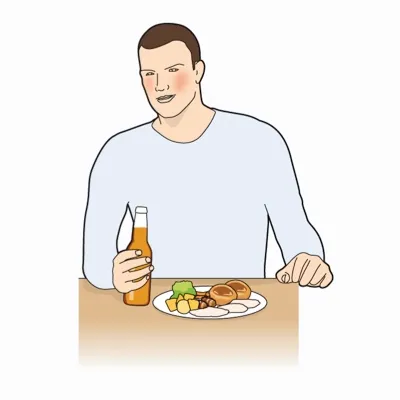
Alcohol absorbs rapidly into the bloodstream and will hit you five to 10 minutes after your first sip. The small intestine absorbs most of the alcohol, while 20 per cent enters through the stomach. Alcohol dilates blood vessels, particularly the capillaries under your skin, making you feel warm.
20 minutes

The average stomach capacity is around one litre, but it takes 20 minutes for ‘full’ signals to reach the brain from the gastrointestinal tract, after you first starting eating. By then, you may already have overeaten. Eating and drinking too fast makes you belch as you swallow excess air.
30 minutes
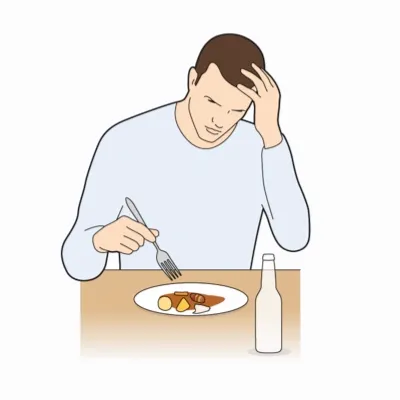
As you eat, the food hikes up your blood sugar levels. In response, your pancreas will start producing the hormone insulin, which will convert the glucose into a storable form called glycogen. The resulting drop in your blood sugar levels makes you feel overwhelmingly tired.
One hour
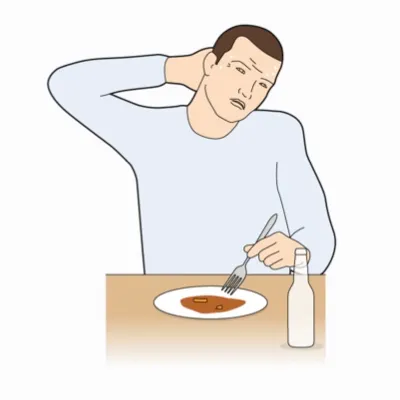
After eating, more blood flows to the digestive tract. To aid digestion, your heart and metabolic rate go up, accompanied by a slight increase in body temperature, making you sweat and feel more tired. To make matters worse, rich foods are harder to process, and alcohol slows digestion.
Two hours
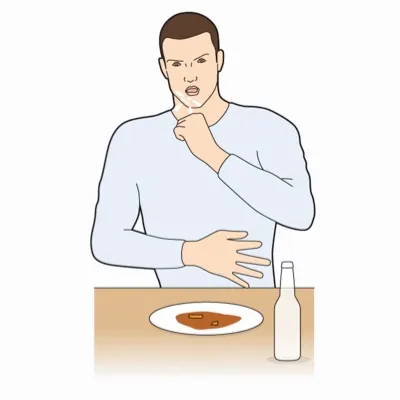
A heavy meal rich in protein and fat can sit in your stomach for two to three hours, making you feel bloated. Flatulence is partly triggered when the body’s enzymes can’t deal with certain substances such as raffinose, a complex sugar found in brussels sprouts and other brassicas.
Three hours
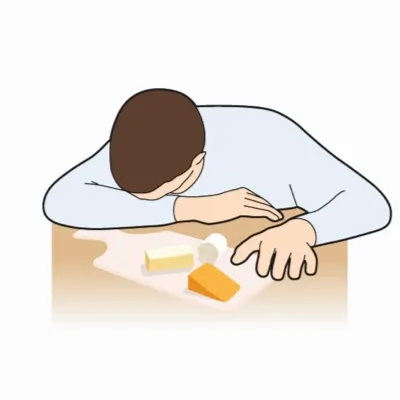
It takes about three hours for the body to break down a 250ml glass of wine, but you’ve probably drunk more than that. Is it time for the cheeseboard? Combined with the carbs in crackers, the amino acid tryptophan in cheese could make you crash out.
Six hours

It takes six to eight hours for food to pass through the stomach and the small intestine, before reaching the large intestine. The body digests meat into amino acids, which are absorbed through the small intestine and into the blood.
24 hours

With any luck, your hangover, caused largely by dehydration from alcohol’s diuretic nature, will have eased by now. The body may finally start eliminating undigested food, having absorbed water and minerals, and stored excess fat.
Read more: